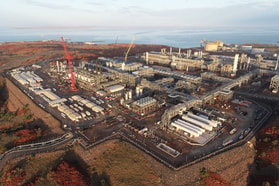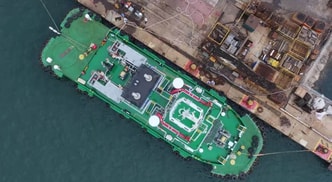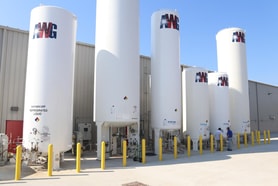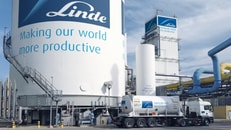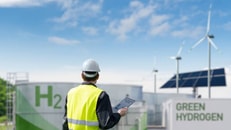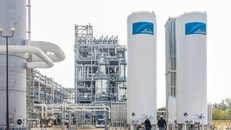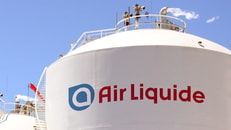AI ‘delivered a third’ of Linde’s productivity gains in first quarter
Artificial intelligence has become a key driver of productivity at Linde, accounting for roughly a third of its efficiency gains in the first quarter of 2025.
Speaking on the company’s Q1 earnings call, CEO Sanjiv Lamba said that Linde had completed over 4,000 targeted efficiency projects in the first three months of the year, with around 32% of improvements delivered tied to AI and to digital more widely.
“Last year, we did 15,515 [productivity] projects,” said Lamba. “This year, in the first quarter, we’ve done more than 4,000. It takes every part of the organisation to … make sure [it] gets executed.”
Having launched its first AI pilot project in 2016, Linde is now embedding the intelligence across its operations. One of the most impactful applications is a real-time power optimisation model used in its energy-intensive air separation units, which predicts customer demand, tank levels, and electricity prices to optimise power use.
... to continue reading you must be subscribed





